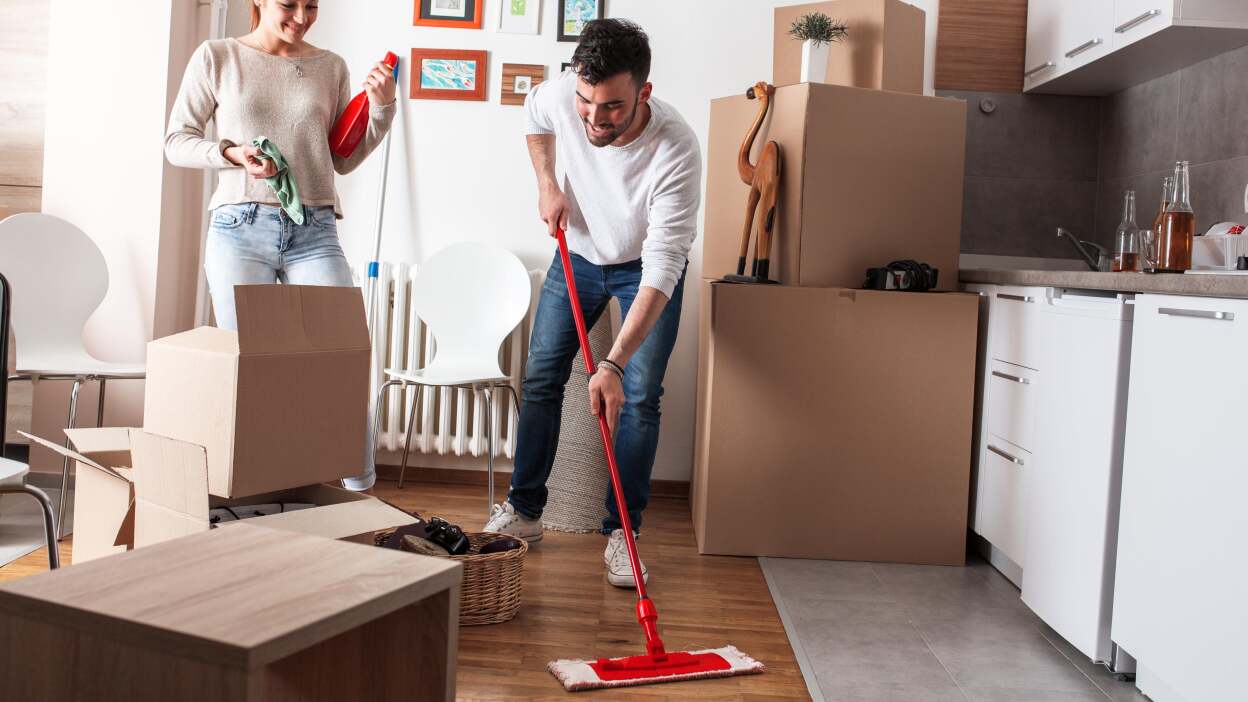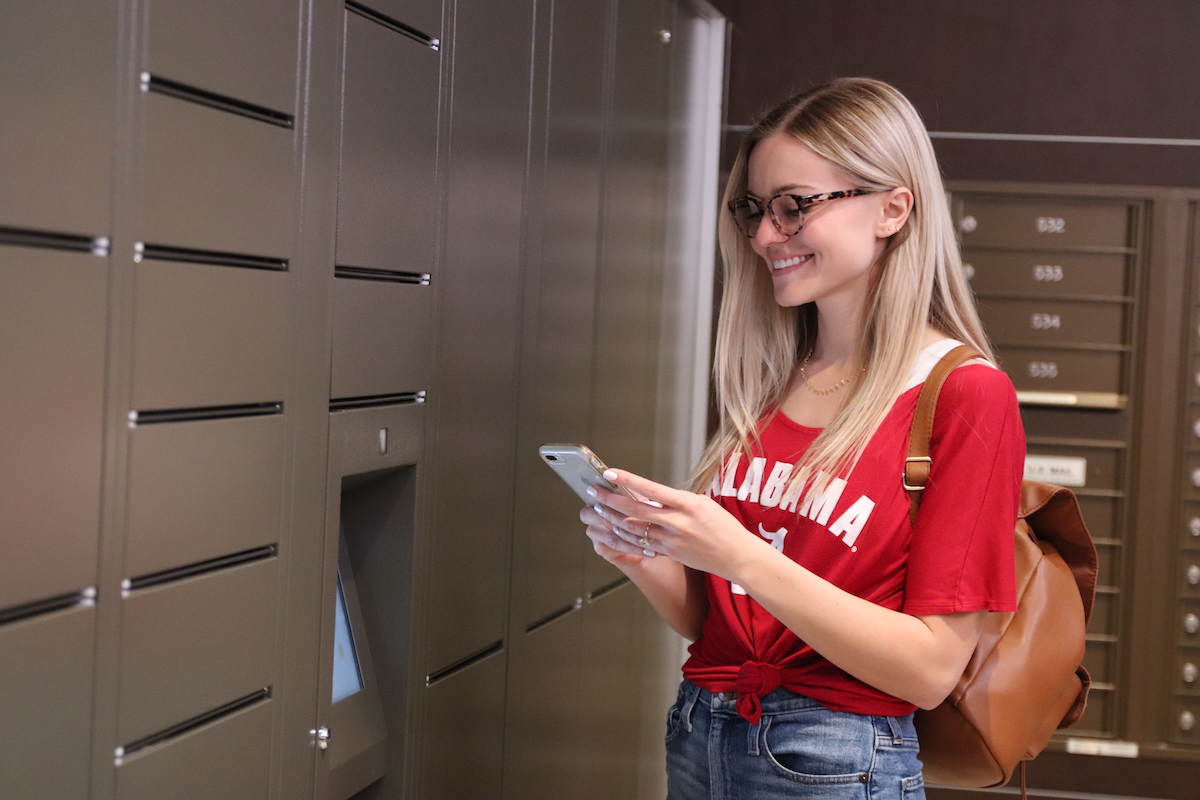Getting your security deposit back when moving out can be a stressful process, especially if it is a large amount of money that would help you out if you were in a sticky financial situation. A shocking 59% of renters don’t expect to get a full refund back upon moving out which indicates a larger problem in that they anticipate something to go wrong to not receive this money.
If you’re a renter who wants to ensure they get their money back eventually, follow the below checklist to ensure a smooth transition and maximize your chances of a refund.
First, You Need to Understand Your Lease Agreement
- Read carefully: Familiarize yourself with the terms of your lease regarding security deposits, move-out procedures, and deductions. Make sure you are eligible and have it in writing that your deposit can be returned to you.
- Know your rights: Understand your legal rights as a tenant regarding security deposit returns. For example, some states require refunds to be sent within 30 days of the lease ending, so keep a close eye on timing upon move-out.
Document the Condition of Your Unit BEFORE You Move In
- Take photos: Document the condition of your unit upon move-in and share it with your landlord or leasing office in writing. This will serve as evidence if any disputes arise once you are out to prove you are not responsible for those damages.
- Report damages: Notify your landlord promptly of any pre-existing damages to avoid being held responsible. Many apartment complexes will ask you to do a walk-through and notate damages so they have it in writing upon move-in.
Plan Ahead for a Smooth Move-Out
- Schedule a deep clean: Hire a professional cleaning service or allocate ample time for a thorough cleaning of the entire unit. For those with pets, it might be smart to hire a service that does carpet cleaning near you to get rid of odor and stains.
- Repair damages: Address any damages caused by you, such as holes in walls or broken fixtures that can easily be fixed and not held against you.
- Return all keys and remotes: Ensure all keys, remotes, and garage door openers are returned to the landlord. If any are lost, you will most likely incur a charge to have them replaced.
Common Reasons for Security Deposit Deductions and How to Avoid Them
- Excessive dirt and grime: A deep clean is essential. Especially in high-touch areas like the kitchen and bathrooms.
- Property damage: Repair any damages caused by you.
- Unpaid rent or fees: Ensure all financial obligations are settled before moving out.
- Lease violations: Adhere to the terms of your lease to avoid penalties if possible. If you end your lease early, you could lose your rights to your refund.
- Abandoned property: Remove all personal belongings to avoid disposal costs incurred by the landlord or property management company.
Final Steps Before Returning Your Keys
- Schedule a final walk-through: Request a final walk-through with your landlord to document the condition of the unit.
- Request a written itemized list: In the event something is deemed wrong, ask for a detailed explanation of any deductions from your security deposit.
- Dispute deductions: If you disagree with the deductions, then follow the dispute process outlined in your lease or state law.
Remember, communication with your landlord is key throughout the move-out process. Address any concerns or questions promptly to avoid misunderstandings and do your part as the renter to respect the space you were living in so it’s in good condition for the next person.
Keep an eye for more news & updates on InternalInSider!










